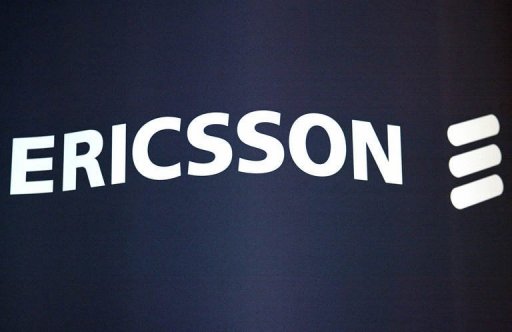
(AFP Photo )
The Minister of Foreign Trade and Industry Mounir Fakhry Abdel Nour met with Vladimir Evtushenkov, the chairman of one of the biggest Russian investment companies, Sistema, to discuss potential investments in medical tourism projects in the Red Sea region.
The volume of medical tourism in Egypt is very low, representing only 1% of tourism income. “It has significantly decreased in the past years, while it had a notably high percentage of the tourist flows coming to Egypt in the 1960s,” said Adel Al-Sherbiny, a member of the Chamber of Hotels and an investor in South Sinai.
Egypt does not benefit from its medical tourism resources, which can provide a large income base for tourism and the economy if well exploited, said Al-Sherbiny.
He further added that, in order for Egypt to benefit from its resources, investments are required in medical projects, such as hospitals and spas close to the natural treatment areas, with specialists, hotels and housing facilities.
“The tourists also need to know all what we can offer them in this area; marketing and promoting our resources is a must to encourage medical tourism,” Al-Sherbiny noted.
Residency laws must be developed to conform to tourists’ needs, as well as hospitals and treatment methods, providing experts and nurses in dermatology, bones and muscles treatments, according to Al-Sherbiny.
Egypt has natural resources in many regions that help with medical treatment, such as Safaga city located on the Red Sea that has three main elements in treatments, including its sea that has 35% salinity, which helps significantly in treating psoriasis.
In addition, Safaga’s sands contain radioactive materials with harmless proportions, with an increased amount of gold salts, which can be used to treat rheumatoid arthritis, articular inflammation, chronic and acute swelling, and leaching arthritis disease.
Other regions that have medical resources include Oyoun Moussa in Sinai, and the Bahariya oasis, both of which have sulphurous and mineral water spots that helps in treating rheumatism, rheumatoid arthritis and skin diseases.




